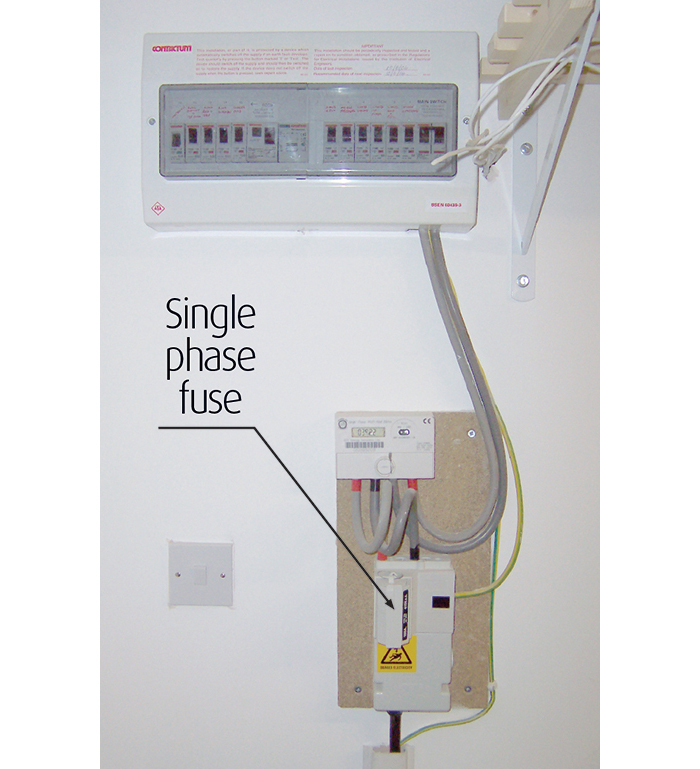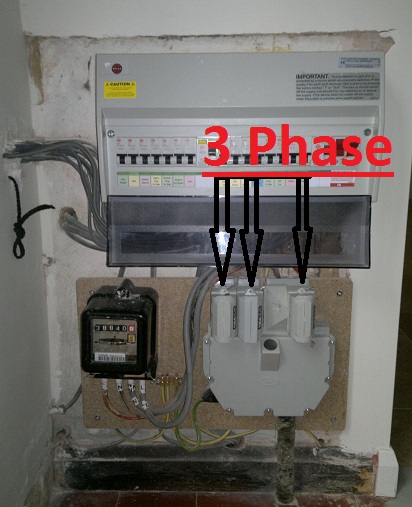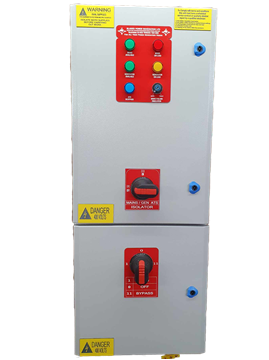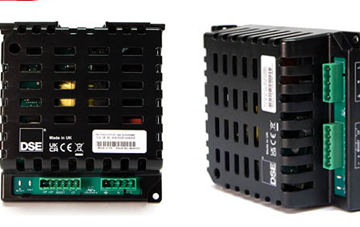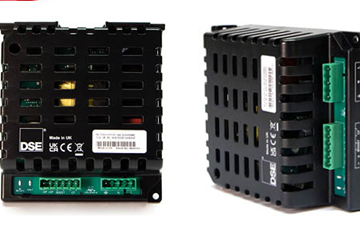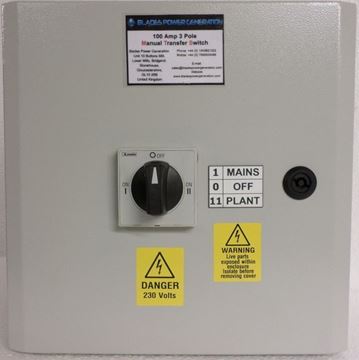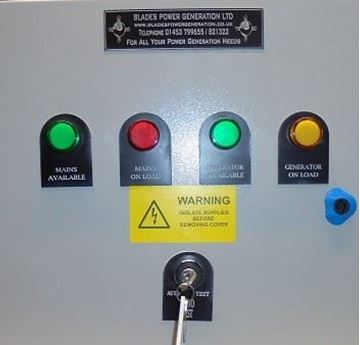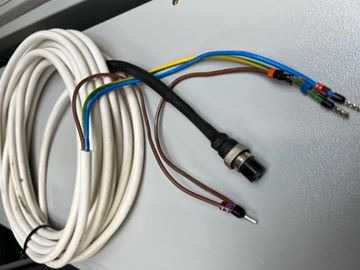If you have been thinking about buying a standby generator for your home, now could be as good a time as any to do it. There is a global rise in the use of electrical power, and this is only going to increase because of climate change and the fact that we are all having to turn over to electrically powered vehicles as petrol and diesel ones become, in the UK at least, outlawed.
This is very likely indeed to increase the number of power outages that we experience. OK, you might say, if the power goes down for a couple of hours, so what? But what if it goes down for a couple of weeks as it did in the northwest of Scotland at the beginning of the year? That’s a whole different ball game. Investing in a generator now is just plain common sense.
You can actually buy a new generator in the UK for as little as about £300, but it won’t provide very much power. On top of that you have to allow for installation which would take about 3 days and cost a ballpark figure of £1,000.
However, the average home would need a much larger generator than that. You can see that an oven uses 2,000 watts, a fridge 1,200, washing machine 1,200, and so on. And there are a few things that are not shown such as a water heater, which also uses a lot of energy.
In order to buy a new generator in the UK you need to calculate the amount of power that you need and then add about 25% in order to allow for any overload.
You also need a transfer switch in order to transfer from the mains to the generator. You can get a manual transfer switch quite cheaply. However, a manual transfer switch, rather obviously, means that you have to physically fire up the generator and then when it is running at full speed switch from the mains to the generator.
Far better is an automatic transfer switch because this, again rather obviously, will automatically fire up the generator when the power goes down and switch over when it is up and running. That means that you are only without power for a matter of seconds.













